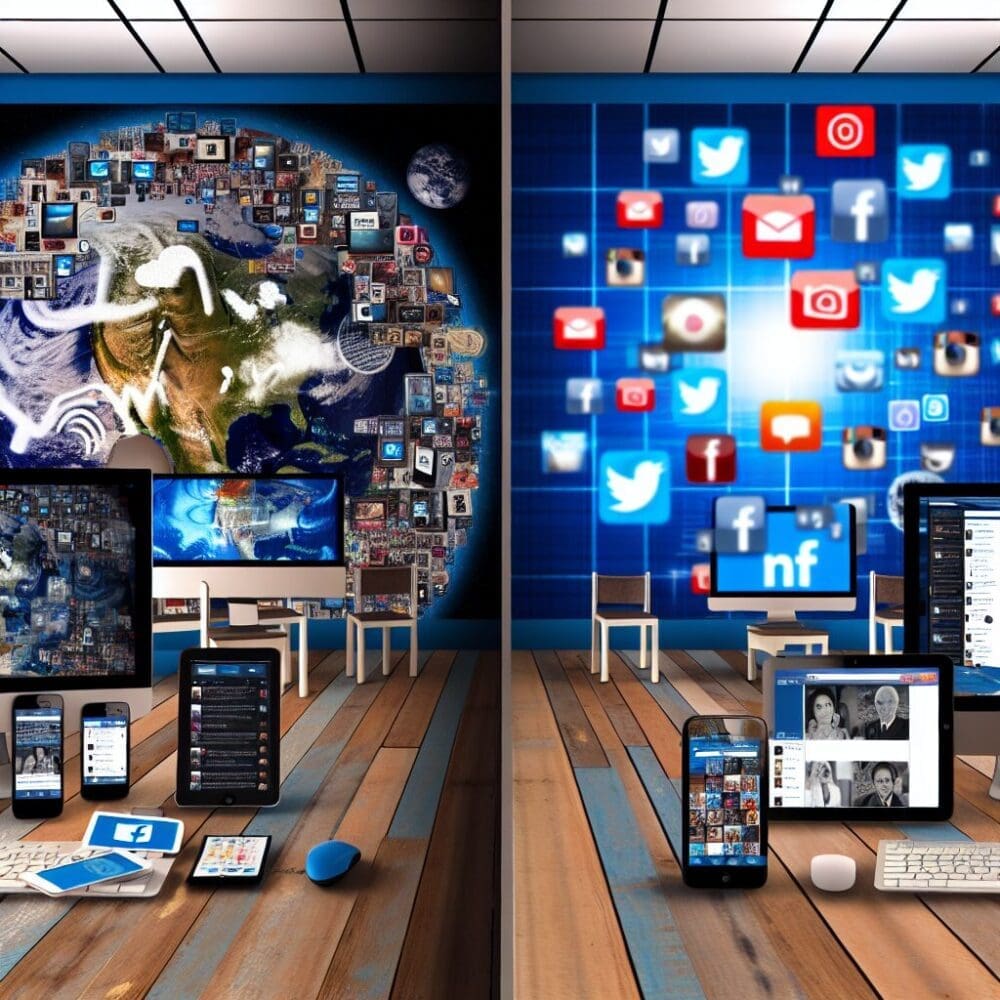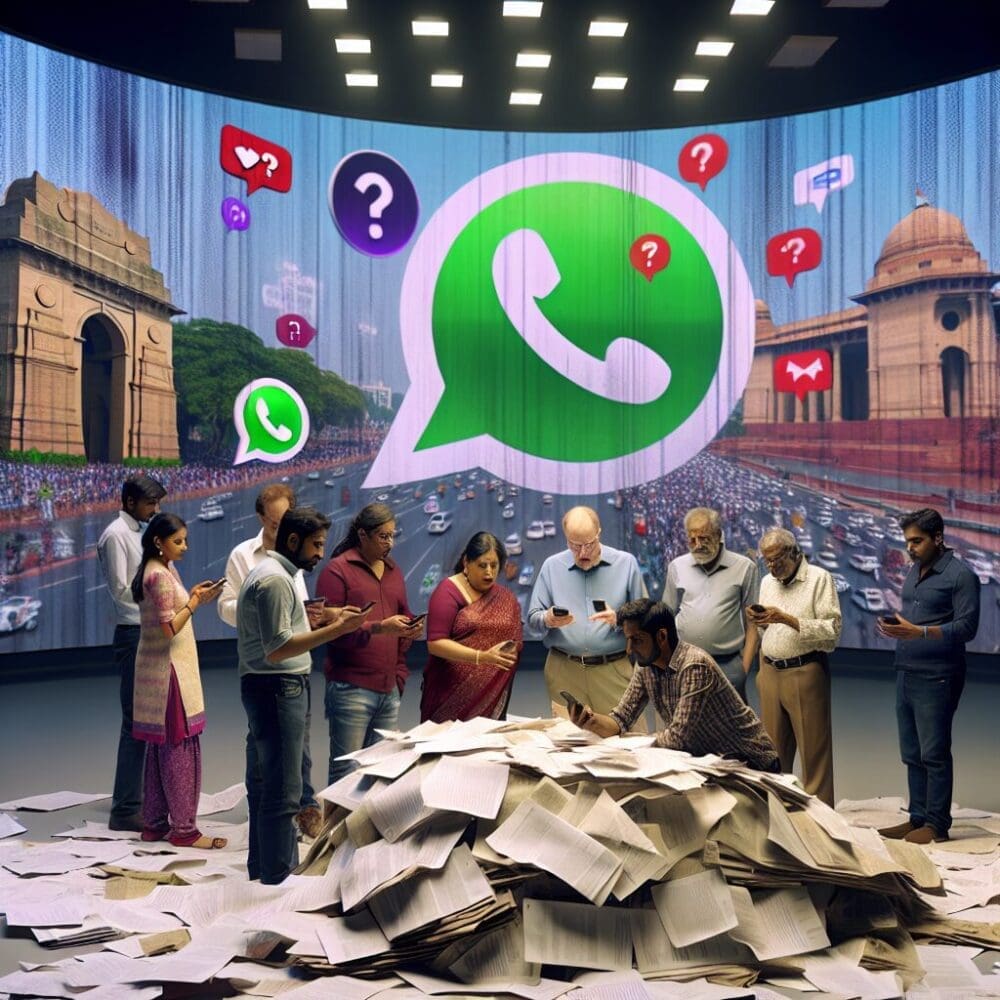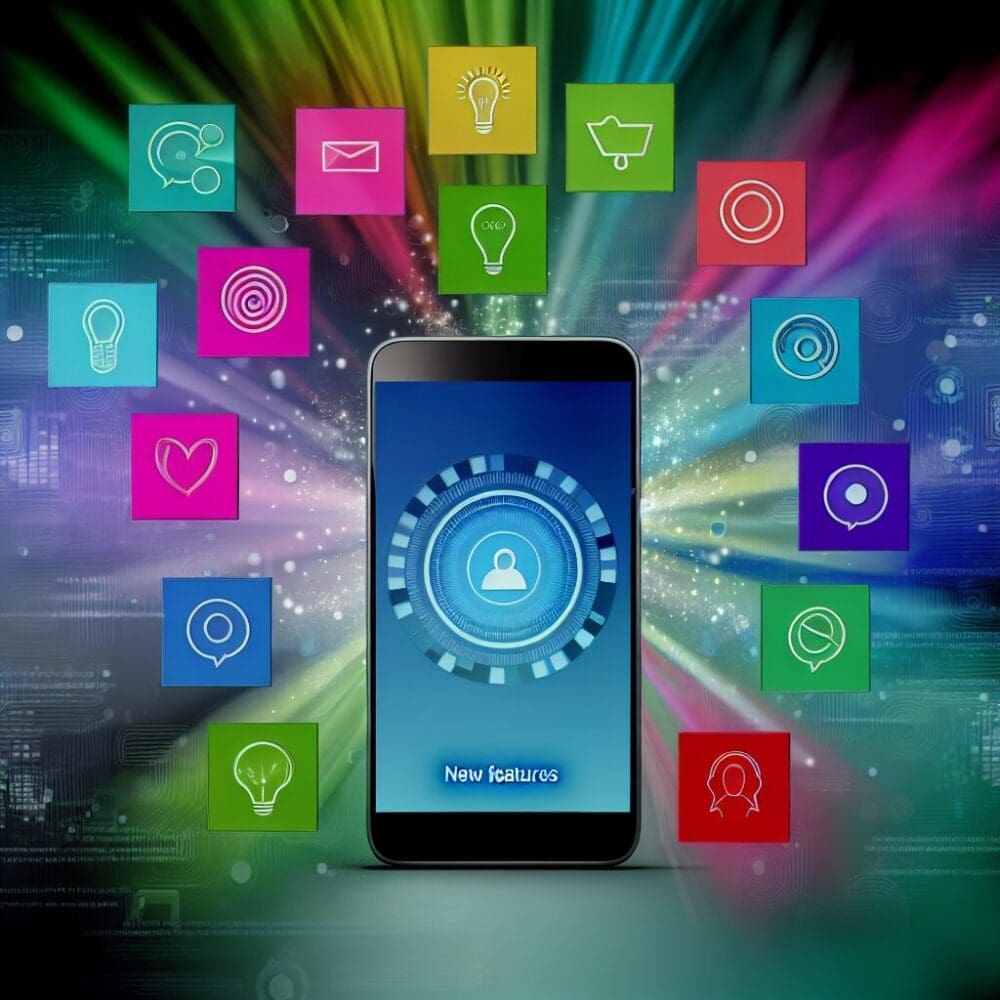“`html
The Impact on Social Media if Zuckerberg Missed Instagram and WhatsApp
In the ever-evolving world of social media, strategic acquisitions have played a significant role in shaping the digital landscape. Among these acquisitions, Mark Zuckerberg’s decisions to purchase Instagram and WhatsApp stand out as game-changers. However, one may wonder how the social media world might look if these pivotal acquisitions never occurred.
The Rise of Instagram and WhatsApp Prior to Acquisition
Before delving into the scenarios of missing these acquisitions, it’s important to understand the significance of Instagram and WhatsApp when they caught Zuckerberg’s eye. Instagram, launched in 2010, quickly gained traction as a photo-sharing app with a unique edge—its clean interface and focus on aesthetics drew millions of users. By 2012, Instagram had reached 30 million users.
WhatsApp, on the other hand, was founded in 2009 and revolutionized communication with its simple, secure, and reliable messaging service. The app catered to users seeking a seamless way to stay connected and had amassed 450 million users by early 2014.
The Alternate Reality: Zuckerberg Missing Out
Imagining a world where Zuckerberg did not acquire Instagram and WhatsApp stirs interesting possibilities. Here are some ways the social media sphere might have been altered:
1. **The Growth of Competitors**
Without Zuckerberg’s intervention, competitors seeking to challenge Facebook’s dominance in the social media realm might have found solid ground to expand their reach:
- Snapchat, known for its ephemeral messaging, could have captured a larger chunk of Instagram’s user base, especially among younger demographics.
- Telegram or Signal, with their focus on privacy, might have become more dominant players in the messaging sector, filling the void left by WhatsApp’s absence from Facebook’s portfolio.
2. **Monetization and Business Models**
Under Facebook’s ownership, both Instagram and WhatsApp saw significant shifts in their monetization strategies:
- Instagram: The platform developed a robust advertising model, integrating ads into users’ feeds and stories, notably benefiting from Facebook’s advertising prowess.
- WhatsApp: While WhatsApp remained mostly ad-free, Facebook’s infrastructure allowed WhatsApp to explore revenue opportunities like WhatsApp Business.
In the absence of Facebook’s influence, it’s conceivable both platforms might have adopted different business models, potentially impacting their capabilities for growth and innovation.
3. **Changes in User Data Policies and Privacy**
Facebook’s history with data collection and privacy has prompted an ongoing dialogue about user data rights. If WhatsApp and Instagram had remained independent, their privacy policies might have evolved differently:
- The apps might have pursued stricter privacy policies, potentially making them more appealing to users wary of data commercialization.
- Without Facebook’s interconnected ecosystem, independent Instagram and WhatsApp might not have faced the same scrutiny over data sharing and integrations.
Social Media’s Landscape Without Facebook’s Acquisitions
The absence of these acquisitions would ripple across the social media landscape, influencing industry-wide trends and user experiences:
1. **The Emergence of New Players**
With a void left by Facebook’s absence of Instagram and WhatsApp, new companies would likely have risen to fill the gaps:
- Lesser-known platforms, such as TikTok, might have captured a broader audience more quickly, establishing themselves faster in the market.
- Regional apps around the world could have taken a more significant role had Facebook not been able to as quickly integrate Instagram and WhatsApp into their umbrella.
2. **Innovation in Social Media Features**
Zuckerberg’s keen interest in these platforms led to innovative features combining Facebook’s technology with Instagram’s visual content and WhatsApp’s messaging services. Without these acquisitions, functionalities might have developed differently:
- Cross-platform messaging or integrated services across WhatApp and Instagram might have originated from competitors instead of Facebook.
- Unique social media features, like Instagram Stories, which was inspired by Snapchat, might not have been prioritized or expanded as significantly.
3. **User Experience and Global Reach**
Facebook’s vast global reach and robust infrastructure undeniably accelerated the international expansion of Instagram and WhatsApp:
- With independent development trajectories, user experiences on Instagram and WhatsApp might have differed significantly, potentially lacking the scalability that Facebook provided.
- The platforms’ reach in emerging markets could have been delayed, impacting the global connectivity these apps currently provide.
Conclusion: A Hypothetical Shift in the Digital Landscape
In reflection, Mark Zuckerberg’s decisions to acquire Instagram and WhatsApp were undeniably strategic. These acquisitions not only cemented Facebook’s position as a social media leader but also shaped the future of digital interactions.
Imagining a reality where Zuckerberg missed these acquisitions reveals an industry potentially marked by more competition, alternative monetization paths, and a different trajectory for privacy policies. While the full extent of such a reality remains speculative, there’s no doubt that social media has forever been transformed due to Zuckerberg’s bold moves.
The impact of these acquisitions continues to reverberate, shaping the future of communication and engagement in our increasingly interconnected world.
“`



